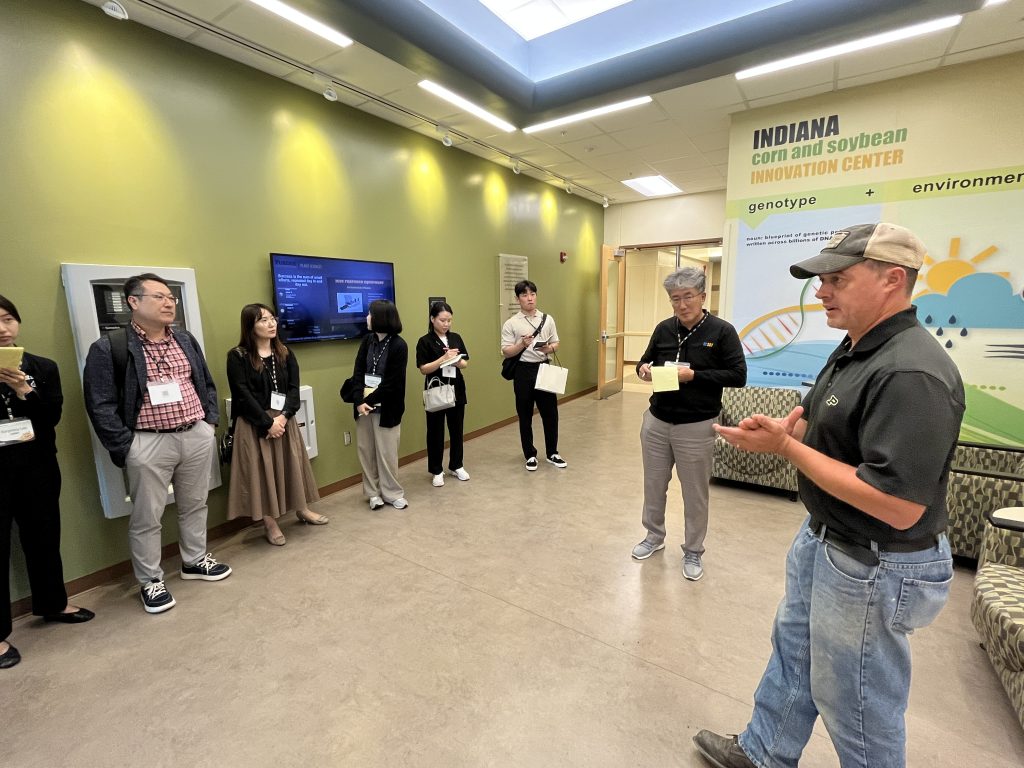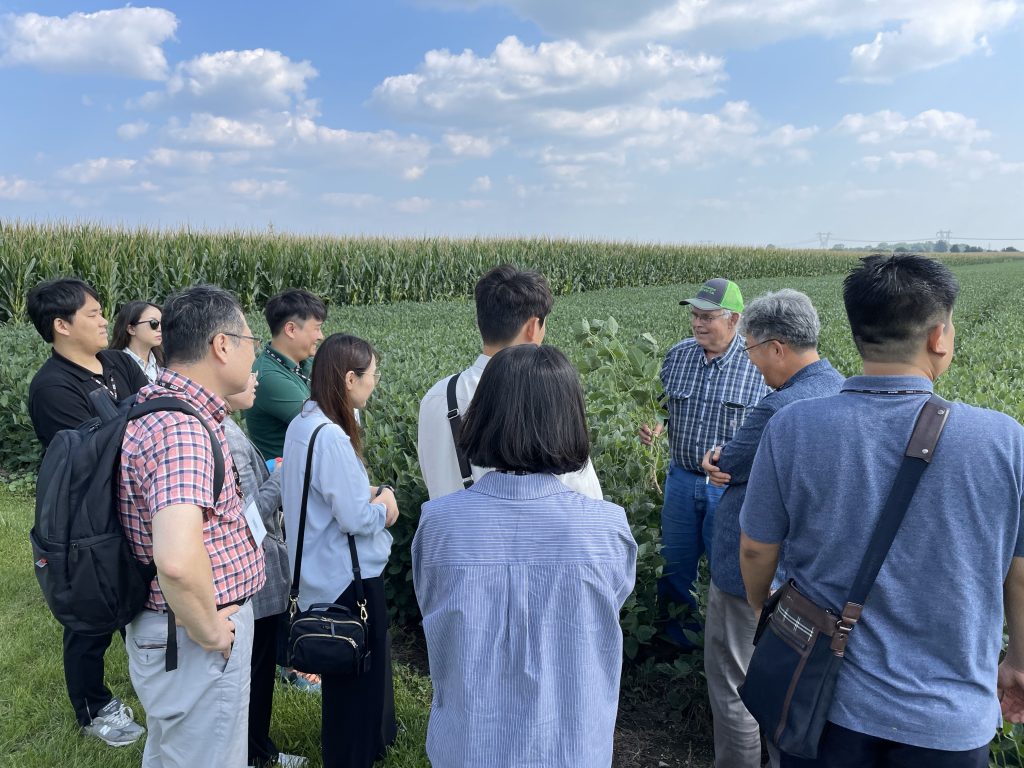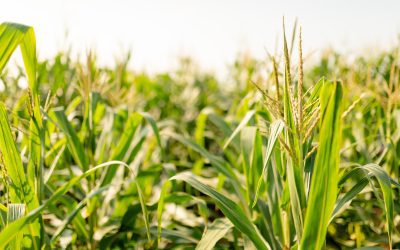By Hannah Vorsilak
In an era where the need for global trade, sustainability and consumer demands intersect, initiatives like the U.S. Soy Export Council’s (USSEC) checkoff-funded Soybean Oil Masters program plays a vital role in educating and fostering connections within the agricultural, trade and culinary sectors internationally.

The program’s overarching objective is to provide international end users, crushers and influential groups in the food industry with a comprehensive understanding of U.S. soybean oil – and ultimately to increase demand. The education received covers various aspects, including nutritional benefits, practical applications, production processes and the sustainability of U.S. soybean production.
More than 1,000 participants from X countries have been engaged in the program since its inception. In the upcoming year, the program will reach more than 350 participants from Korea, Southeast Asia (Vietnam, Philippines, Thailand, Indonesia) and Latin America.
Trade relationships established
In mid-August, the Indiana Soybean Alliance (ISA) hosted a tour for current participants of the Korean Oil Masters Program as a way to understand the variety of advantages delivered by U.S. soybean oil, particularly Indiana-grown and processed high oleic soybean oil, and how it impacts their food.

The tour itinerary spanned multiple locations across Indiana, providing participants with a diverse range of insights. The journey began on the farm of ISA Board director Allen Buchanan. This stop allowed them to witness the heart of Indiana agriculture firsthand, see high oleic soybeans being grown, and learn about the challenges and opportunities Indiana farmers face this year.
“Hosting this tour is something I really wanted to do,” Buchanan said. “I think it’s important for foreign buyers of U.S. soybean oil to see who grows this product. It’s important for them to see how we grow this crop. And, it’s very important for us to establish strong relationships. I believe we grow a very good product. When others see that, there’s confidence in that relationship.”

Participants also visited Purdue University’s Food Science department, where groundbreaking research and advancements are shaping the future of food and agriculture. Additionally, a visit to the Purdue Corn and Soybean Innovation Center provided a glimpse into the cutting-edge technologies driving agricultural research and progress.
Participants also toured Louis Dreyfus Commodities in Claypool, Ind., and Kokomo Grain where they learned about logistics and operations behind soybean crush and trade. Louis Dreyfus is the largest integrated U.S. biodiesel plant, producing biodiesel from oil, soybean meal, glycerin and soy lecithin.
“The biodiesel that we produce here in Indiana is renewable and sustainable,” said Jeremy Mullins, Commercial Manager for Louis Dreyfus. “Foreign buyers are receptive to that message.”
Sustainability at the core

Sustainability is at the forefront of today’s business and consumer agendas, and the demand for sustainable products continues to rise. This trend has a direct impact on the soybean oil industry, as consumers increasingly seek products that come from environmentally responsible sources.
U.S. soybean oil stands out with its low carbon footprint, making it an attractive option for businesses looking to align with sustainability goals. This sustainable advantage allows for the production of various products while preserving the environment for future generations.
Navigating global trends
The global landscape of the oil market has undergone a transformation due to the rise of Renewable Diesel (RD). This shift has particularly influenced U.S. Soybean Oil (SBO) exports, reshaping trade dynamics and market shares. Previously exporting around 1 million metric tons annually, the U.S. RD market developments have led to a shift, with South American countries, particularly Brazil, increasing their share in the market.
USSEC has taken proactive steps to quantify and differentiate the refining value of U.S. soybean oil compared to oil produced from other origins. Through collaborative efforts like the Soybean Oil Masters Program with international crushers, refiners and partners, USSEC has emphasized the intrinsic value of U.S. soybean oil. This has not only improved refining rates but also resulted in substantial cost savings.
The Korean Soybean Oil Masters program represents a convergence of education, sustainability and international collaboration. Through its holistic approach, it empowers stakeholders with knowledge about the advantages of U.S. soybean oil, its practical applications, and its role in a sustainable future. As global markets evolve and consumer preferences change, initiatives like this serve as beacons of innovation and cooperation, ensuring that the agricultural industry meets the demands of a changing world.



